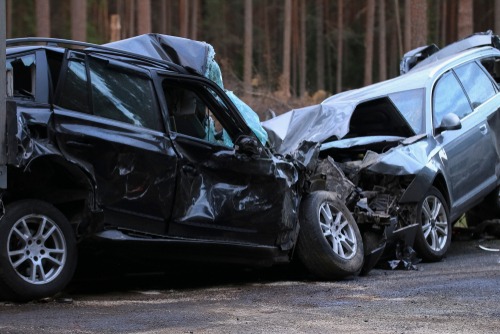Skiing and Snowboarding Accidents and Lawsuits
If you have been injured at a ski resort, you might be wondering whether or not you have a right to compensation. Typically, so long as the accident was caused by negligence (i.e. by another person who failed to show proper care), you are entitled to file a personal injury lawsuit to pursue fair compensation. However, when injured somewhere like a ski resort, there are different issues of liability at play.
First and foremost, it helps to understand how New Jersey law addresses skiing and snowboarding accidents. N.J.S.A.§ 5:13-1 discusses skiing and liability for accidents. Under this “Ski Slope Statute,” certain things like weather, condition of the slopes, and other skiers are inherent risks in the sport; therefore, as a voluntary participant in the activity, you cannot pursue compensation for your injuries.
However, this is not to say that you can never sue after a skiing or snowboarding accident. Operators of ski and snowboarding resorts have a duty to patrons to keep the slopes reasonably safe for use, including taking care of any “clear and present dangers” that could result in an unforeseeable risk (i.e. a large piece of construction equipment in the middle of a slope). In addition, certain other situations can open fellow skiers open to liability; while other skiers are an inherent risk of skiing, drunk skiers are not. Therefore, if you are injured in a collision with an intoxicated skier, you could be entitled to compensation.
Therefore, when it comes to dangerous activities like skiing and snowboarding, your ability to recover damages depends on whether or not the injury was caused by an “inherent risk” of the activity. This comes back to the idea of “assumption of risk”—the operator of a skiing or snowboarding resort may argue that you assumed the risk of skiing or snowboarding by participating in the first place, but it is not usually that simple. You assumed the inherent risks of skiing or snowboarding, but not unforeseeable risks like negligent skiers or poorly marked slopes.
Defective equipment is another example of a non-inherent risk of skiing or snowboarding. If your injury was caused by faulty ski binding, defective snowboard straps, or a defective ski lift, you could have a product liability claim against the designer, manufacturer, and/or distributor of the faulty equipment.
Skiing and snowboarding accidents can result in a wide range of serious injuries, including:
- Brain injuries
- Back injuries
- Spinal cord injuries
- Catastrophic injuries
- Amputation
- Bone fractures
- Internal injuries
- Whiplash
- Lacerations
- Psychological injuries
After a skiing or snowboarding accident, serious injuries like fractures or lacerations may appear right away. However, other types of injuries (e.g. whiplash, concussions) may take hours or days to present themselves. As such, it is very important to seek medical attention immediately following an accident. Not only will it help your personal health to identify any underlying injuries, it will bolster your personal injury case if you do decide to file one. Visiting the doctor right away gives you solid medical evidence from immediately following the crash, and it helps to prove that your injuries were serious enough to necessitate immediate help.

















